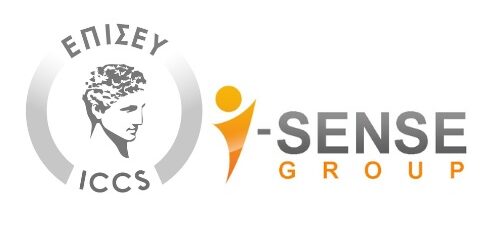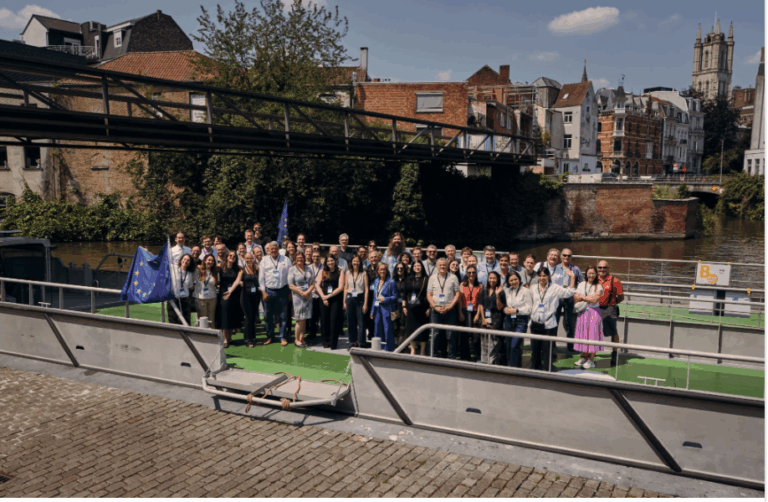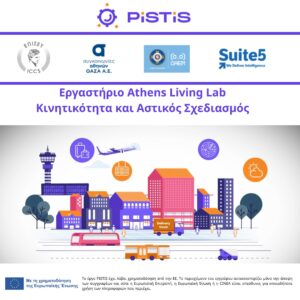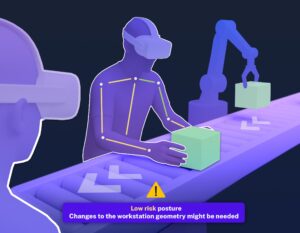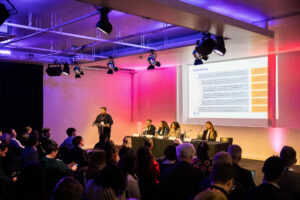ReNew project is a multidisciplinary collaboration involving 24 participants from 11 European Union countries. Its primary aim was to support the transformation of Inland Waterway Transport (IWT) into a smart, green, sustainable, and climate-resilient sector.
Following three years of extensive research and development, the project recently held its final event in Belgium, marking the successful conclusion of this scientific journey.
One of ReNew’s major achievements is the development of an interdisciplinary IWT Resilience and Sustainability Decision-Support Framework, designed to monitor environmental parameters, such as the level of water and different water quality features, such as temperature, conductivity, turbidity, chlorophyll-a, and dissolved oxygen.
The project also focused on developing innovative infrastructure resilience and sustainability solutions, leveraging advances in autonomous technologies and emerging green energy systems. A key outcome is the Green Resilient IWT Dataspace and a generic Digital Twin, both designed to enable seamless data sharing among infrastructure monitoring systems, River Information Services (RIS), traffic management, emergency systems, and climate resilience solutions.
To demonstrate these innovations, ReNew established four Living Labs at Ghent (Belgium), Douro Corridor (Portugal), EU IWT (Netherlands, Belgium, France, Germany and Austria) and an Autonomous Barge (Belgium, Germany, France, The Netherlands, Rhine region) – focusing on the integration of inland waterways with hinterland infrastructure.
Within this framework, the I-SENSE Group played an active role utilizing existing sensor technologies to provide an IoT component for monitoring and optimization of IWT resilience as part of the Digital Twin capabilities and support the Living Lab of Ghent. Our team installed water level and water quality sensors in Ghent, for environmental data gathering upgrading the physical infrastructure and improving Ghent’s synchromodality in two different locations.
Water level measurements increased the infrastructure’s resilience of Ghent but also are being used for the evaluation/validation of space-based altimetry observations which is a challenging task due to the limited access to historical gauge data. Thus, in the framework of ReNEW, validation of the Sentinel-3 and Sentinel-6 altimetry missions for measuring accurate water level measurements was conducted over different rivers across Europe.
Learn more about the project and its outcomes at https://renew-waterways.eu/joint-final-event-cinea/
